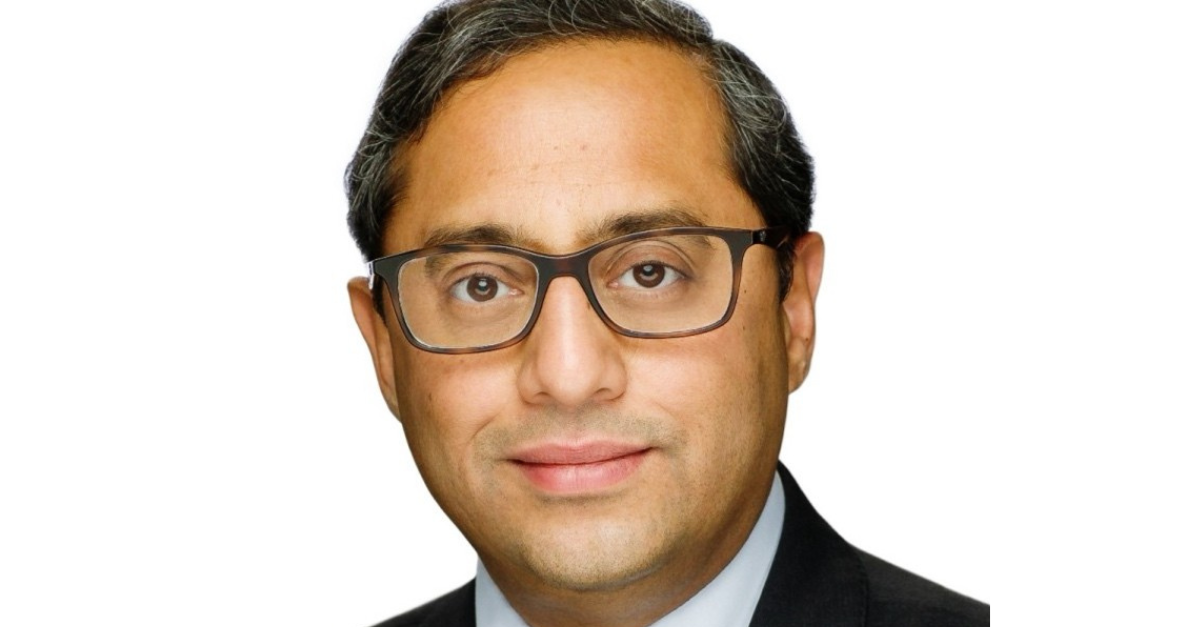Investing in yourself doesn’t need to involve money. In fact, many of the best retirement investments do not involve greenbacks at all. Instead, they are investments that make the fullest use of your time, allow you to spend precious moments with the people you love, and enable you to focus on the things that make you happy.
While monetary investments are important for retirement, here are ten more remarkkable retirement investments that don’t involve stocks, bonds, mutual funds, savings accounts, or any other financial product.
1. Invest in Yourself: Spend Money to Save Time
Scientific research (and some level of common sense) suggests that time is a more important commodity than money. While money comes and goes, time just goes. It’s fleeting, and we tend to feel the passage of time more than we do the passage of money.
Ashley Whillans, a professor at Harvard Business School, advocates for spending money to buy time as a way of increasing happiness and achieving greater life satisfaction.
For example, you could begrudgingly spend several hours a week mowing your own lawn and maintaining the landscape around your house. Or, you could pay a landscaping crew whose job it is to make a maximum impact as quickly as possible.
Buying time adds additional hours to your day. This time can be used to do anything, from catching up on the news, to managing a small business, or spending time with your family or friends. In other words, it’s time well spent.
Buying time is one of the best investments at retirement (or any time).
2. Invest in Friendships
At virtually any age, our friendships with other people are a huge component of our happiness. As living, organic creatures, we naturally crave human companionship. It has been bred into us for centuries; isolation kills us. Friendships make us stronger and healthier people.
The researcher William Chopik has found that “people who placed more importance on friendship and family tended to say they were happier, more satisfied, and healthier than those who didn’t.” Chopnik’s research has also found that the older participants got, the more meaningful and influential friendships became in their lives.
Other research has found that loneliness is actually as dangerous for your health as smoking and stress.
Your social connections are one of the most critical retirement investments.
Friendships give us a reason to get up in the morning: to meet at the local coffee shop, to talk and learn, and to socialize. Friendships are a crucial part of making us well-rounded and productive individuals.
3. Invest Time on Imagining Your Future
There is wisdom in living in the moment. But, there’s also wisdom in thinking ahead and in planning for where life might take you in five, ten, or 50 years. Your future plans give you purpose and they also provide you with something to look forward to.
As we plan, we focus on our strengths as individuals and consciously think about our hopes and dreams. Remember that your future self will one day become your present self. Thinking ahead helps to ensure that you will like the person that you will become. And, it puts into motion small habits and activities that you can do now to help ensure you reach your future goals.
Whether your goal is to cruise around the world, move into a dream house by the ocean, or simply have more time with the people you care about, without an eye to your future, it’s tough to know what you should be doing today to get there.
Thinking about your future is one of the most beneficial retirement investments.
Explore interesting ways to imagine your future.
4. Invest in Setting and Following Priorities
Setting priorities can help you alleviate stress and ensure that you get what you really want. Sure, sometimes you might approach life with the idea that you want it all and you want it right now. But that is not a very realistic goal, especially in retirement when you are dealing with a limited set of resources to last the rest of your life.
Priorities keep us focused on meaningful elements in our lives and help to ensure that the time we spend each and every day is efficient.
It is especially important for you to think about how you want to spend your time. If your family is your priority, make sure your lifestyle reflects this. Do you live near family? Do you communicate with them on a regular basis? Do you make the time to spend with them?
Of course, in addition to prioritizing how you spend your time, you also need to set priorities for your finances: how you spend money. This might involve making trade-offs. You may economize now in order to save more and retire earlier. Many people consider downsizing their home in order to release home equity so they can spend more. Others focus on leaving behind a financial legacy for loved ones.
What are your priorities? How can you shift your financial resources to better meet them? Try different “what if” scenarios in the NewRetirement Planner. This comprehensive financial planning tool enables you to take full control over your current and future financial situation.
5. Invest in Your Health
Staying healthy not only keeps us looking and feeling better, but it helps stave off expensive and painful illnesses throughout life. Fitness and exercise routines keep us active and energetic.
In fact, studies have shown that exercise can save you thousands of dollars a year.
It is recommended that you exercise moderately for about 30 minutes, five times a week. (Although, new research suggests that more is better. A large study from Harvard, reports that the highest reduction in early death was in people who reported 150 to 300 minutes a week of vigorous physical activity or 300 to 600 minutes of moderate physical activity – or an equivalent mix of the two.)
To feel more productive and energetic (not to mention save money every year), consider routine exercise to be an investment in yourself.
6. Invest in Developing a Post Retirement Purpose
Retirement is no fun if you’re without anything that makes you feel alive. A purpose gives you direction and it also provides you with an incredible sense of accomplishment and confidence. Like a daily schedule at work, purpose helps you to tick the boxes in life, steadily heading in a healthy and deliberate direction that fills your life with happiness.
Having a purpose also prevents us from slipping into depression, a phenomenon that plagues too many people in the world. When we get depressed, refocusing on our purpose rejuvenates us, gives us renewed hope, strength, and a reason to grow.
7. Invest Time in Celebrating Small Victories
Setting goals and celebrating when those goals have been accomplished is a huge key to success.
However, celebrating small victories along the way is critically important to achieving your bigger goals. Teresa Amabile, Director of Research at Harvard Business School, conducts research that shows that tracking small achievements enhances motivation to keep going.
While your big goals can take weeks, months, and years to achieve, celebrating a daily accomplishment can give you the motivation – a little jolt of energy – to keep going toward your big dreams. Celebrations give us a reason to smile and, yes, maybe even dance or toast. They also help drive momentum and build confidence deep within us along the way.
8. Invest in Gratitude
Things are not going to get easier as we get older. It is therefore that much more important that you be able to see the bright side of things and be grateful for whatever it is you have and not focus on what you don’t have.
Research on gratitude has found that it increases your well being. In one study, participants who wrote about what they are grateful for each day were more optimistic and felt better about their lives. They also exercised more and had fewer visits to physicians.
Dr. P. Murali Doraiswamy, Professor of Psychiatry and Behavioral Sciences at Duke University Medical Center, says that gratitude has a positive impact on a wide range of mental and physical systems, including: mood neurotransmitters (serotonin, norepinephrine), reproductive hormones (testosterone), social bonding hormones (oxytocin), cognitive and pleasure related neurotransmitters (dopamine), inflammatory and immune systems (cytokines), stress hormones (cortisol), cardiac and EEG rhythms, blood pressure, and blood sugar.
Make retirement investments by learning about ways to increase gratitude.
9. Foster a Sense of Meaning in Your Life
Some people call it religion. Others refer to spirituality. Many psychologists refer to it as meaning.
Viktor Frankl, the author of the book Man’s Search for Meaning, says: “Everything can be taken from a man but one thing: the last of the human freedoms — to choose one’s attitude in any given set of circumstances, to choose one’s own way.”
Psychologists say that an important metric of well being in older people is how they feel about their lives. Can you feel good about the life you led? Can you find meaning in the choices you made and continue to make?
10. Invest in Creation and Maintenance of a Retirement Plan
Focusing on your future is important. And, for people near or of retirement age, the best retirement investments include creating and maintaining a detailed retirement plan.
Retirement planning goes way beyond savings and investments. A good retirement plan takes into account where you live, how much you spend, how you spend your time, taxes, insurance, and so much more.
Use the most highly rated planner available online, the NewRetirement Planner to keep your plans up to date.
Publisher: Source link










